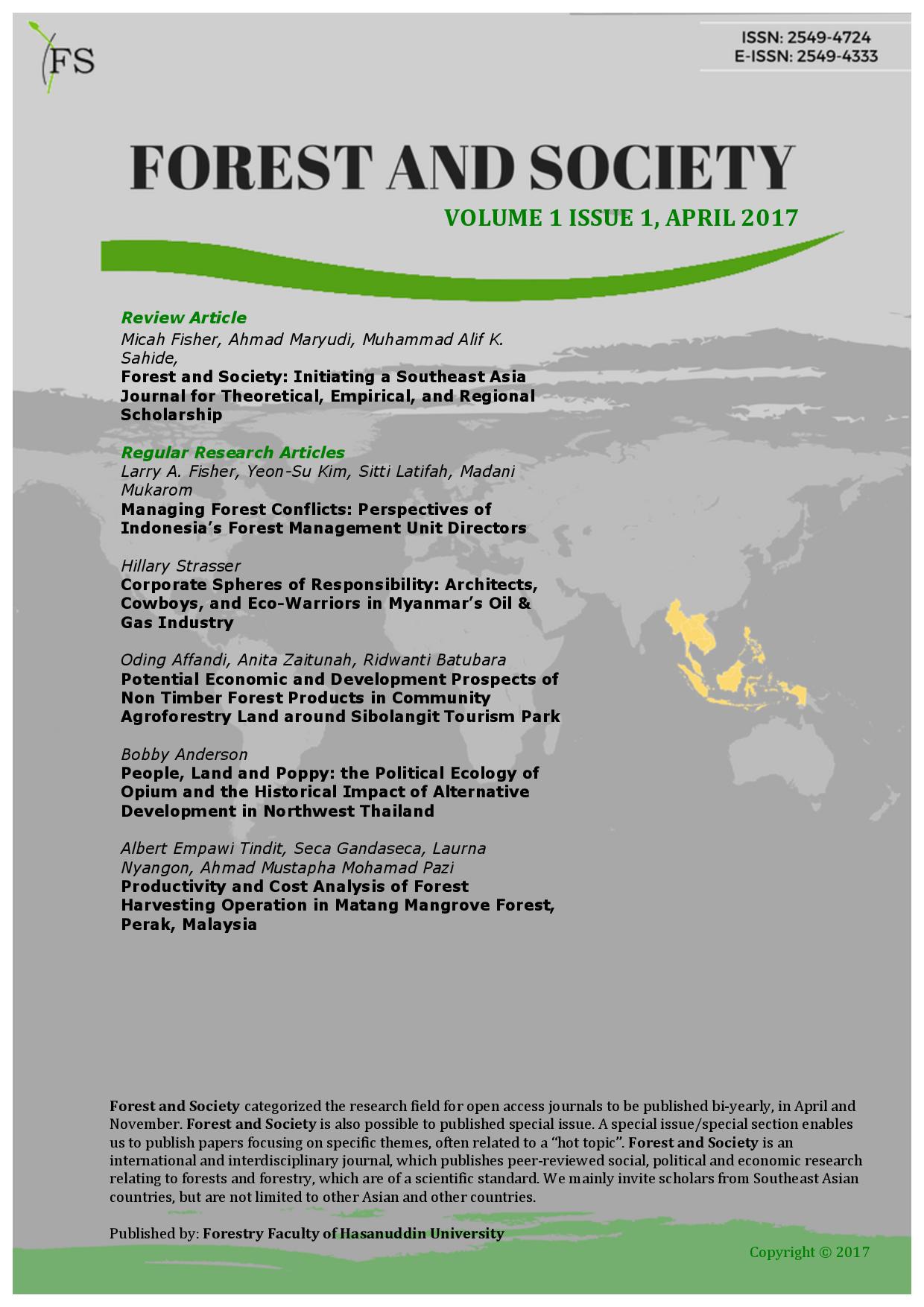Agricultural sustainability at the dawn of the 21st century is now seen in a multifunctional context: food security, poverty reduction and environmental enhancement. Participatory approaches are now mainstream and no longer the exception. The comparative advantages of smallholder farming lie in intensification and diversification of high-value products. Biophysical research now goes in tandem with policy research. Poverty includes in addition to income, extreme vulnerability to risk, and lack of voice in decision-making. More intensive global warming is now expected and will adversely affect the poor in the tropics. Improvements in the productive, human well-being and environmental dimensions seldom provide win-win-win situations, so tradeoffs have to be addressed by negotiation between the various stakeholders. The case of soil fertility replenishment in Africa is given as an example of the multifunctional nature of agricultural development. A robust natural resources management approach was developed, brining nitrogen from the air fixed by leguminous tree fallows, phosphorus from indigenous phosphate rock deposits, and additional nutrients and carbon rapidly released from biomass transfers of the nutrient-accumulating shrub Tithonia diversifolia. Tens of thousands of farm families are becoming food-secure because of the large maize grain yield increases attained. Some farmers are taking their first steps out of poverty by shifting to vegetable crops, dairy and high-value trees. Many community-based organizations are disseminating the technologies, feeling empowered to make decisions such as establishing credit schemes. Soil fertility replenishment techniques can triple carbon stocks, representing one of the highest options for carbon sequestration by agriculture. The tradeoffs between private farmer benefits and global environmental benefits need to be negotiated under mechanisms like the Kyoto Protocol, so that farmers can receive financial benefits for the carbon they remove form the atmosphere. The main challenge is to scale-up these robust technologies from tens of thousands of tens of millions of African farmers.
Tahun publikasi
2022
Penulis
van Schaik C P; van Noordwijk, M.
Bahasa
English
Kata kunci
sustainable agriculture, food security, poverty, environmental degradation, agricultural research, participatory approaches, soil fertility, diffusion of research, agricultural products
















